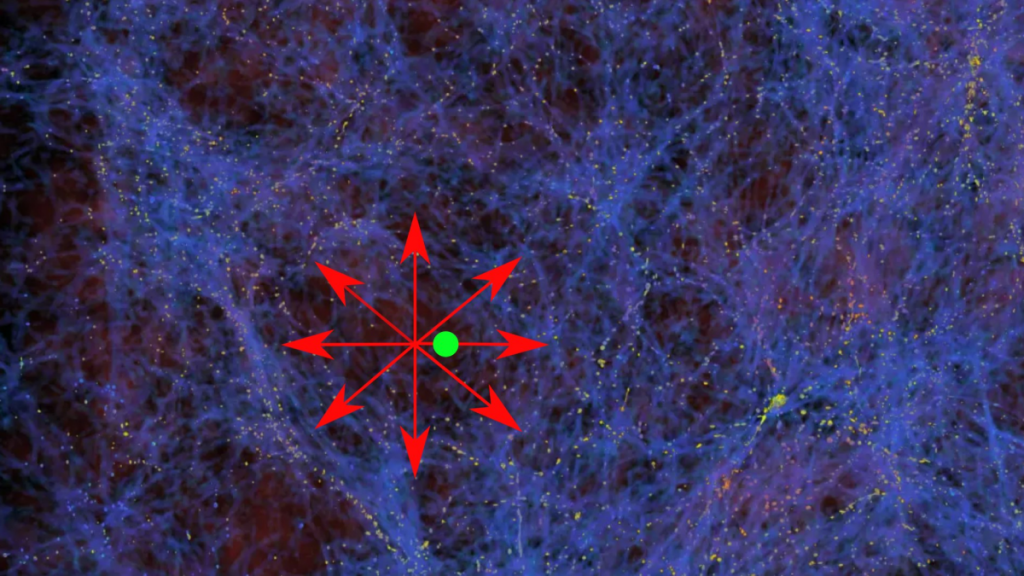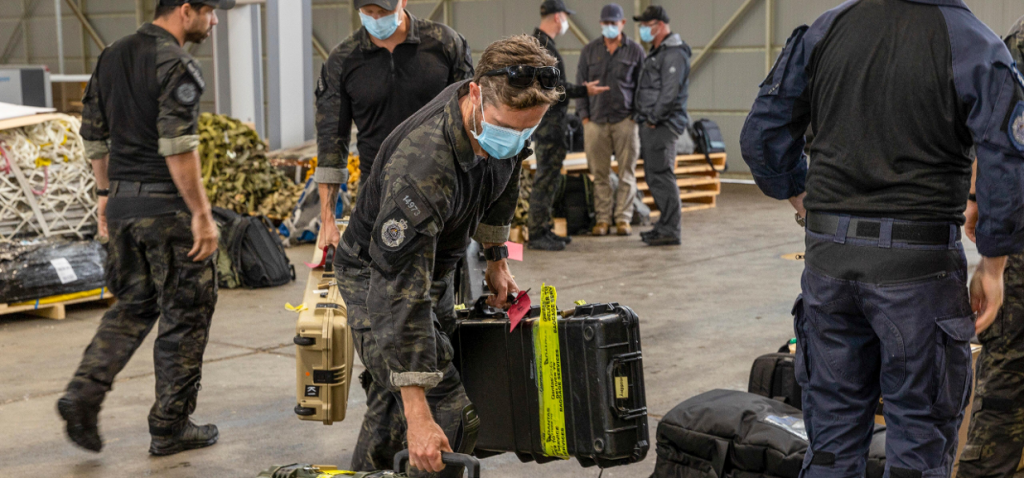Fiji will deploy 50 soldiers to an Australian-led peacekeeping force in the Solomon Islands, days after riots devastated part of the capital, Honiara. This was announced today by Fiji Prime Minister Frank Bainimarama. This reinforcement will bring the peacekeeping force to nearly 200 soldiers and police, mostly Australians, with the participation of 34 men from Papua New Guinea.
The Solomon Islands crisis erupted last week with three days of rioting in Honiara amid a population grappling with poverty, hunger and anger over government policies in the country of 800,000 people. The government is accused of corruption and is accountable to Beijing and other foreign interests. During the riots, in which at least three people were killed, protesters tried to burn down the private residence of the Prime Minister and Parliament, before being dispersed by police with tear gas and warning shots. Today, residents of the capital continue to cleanse the city, with Chinatown reduced to a field of rubble.
In the capital, Honiara, entire neighborhoods were put down by fire and sword for three days and nights in a violent anti-government insurgency that began with the attack on Parliament on Wednesday and culminated last night with the discovery of three dead. After a night of Governor David Funaghi’s curfew, the situation in Honiara was described as seemingly calm but tense, with some stores escaping the wrath of the crowd, and some gas stations cautiously opening their doors to allow the exhausted residents to prepare themselves some more. it is necessary.
During the night, three charred bodies were found in a shop that had been set on fire in the capital’s Chinatown, where most of the Chinese community lives. Driven by extreme poverty, hunger, and resentment, the rebellion against the government of Prime Minister Manasseh Sogavari mingled with looting and plunder by people brought to the brink of starvation by two years of a pandemic, exacerbating the severe unemployment already prevalent in the Pacific archipelago.
The country now finds itself at the center of a political-diplomatic dispute between China and Taiwan, which has fueled a fire that has burned under the embers of underlying and dangerous ethnic tensions. The decision of the Sugarav government in 2019 to sever ties with Taipei, which had the Malaita ethnic group – the hero of the revolution – as well as the Chinese community, deep and solid ties in favor of Beijing, sparked indignation. The people of Malaita, the country’s most populous island, who have also built a strong community on Guadalcanal, the island where the capital is located, consider themselves to be discriminated against and denied assistance or investment. The situation was aggravated by huge Chinese investments, which arrived in the archipelago after the diplomatic “coat change” in Sugarav, which – complains Malaita residents – brings only jobs to foreigners.
But the entire archipelago of 800,000 is impoverished and the rebellion that erupted in recent days has turned into a gigantic free-for-all as local police aided by 150 Australian and Papuan New Guinea peacekeepers, who arrived Thursday, faced great difficulty. in extricating themselves. The Archipelago’s central bank estimates that at least 56 buildings have been looted and set on fire, damaging hundreds of homes and shops, as very small businesses have seen a year of grueling business resumption after the pandemic. The already impoverished country will lose at least 24-25 million euros, according to a warning from the Solomon Islands Central Bank.

“Coffee fan. Tv specialist. Social media aficionado. Zombie geek. Evil analyst. Web expert.”







More Stories
Spain, corruption investigations into the wife of Prime Minister Sanchez. It's a storm, are you going to quit? – the weather
Forest City, a completely abandoned $100 billion city
Never wash your car if you go on vacation to this country that Italians love so much | They will impose a fine of 3,000 euros on you